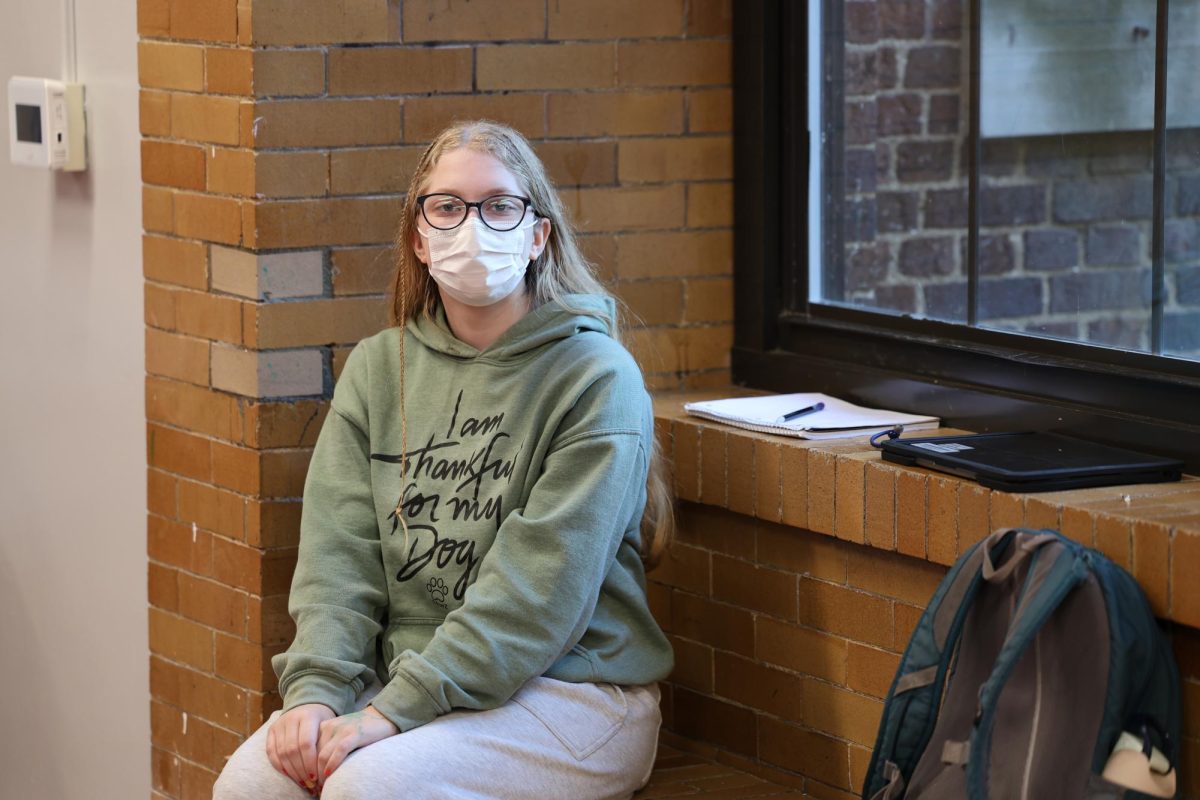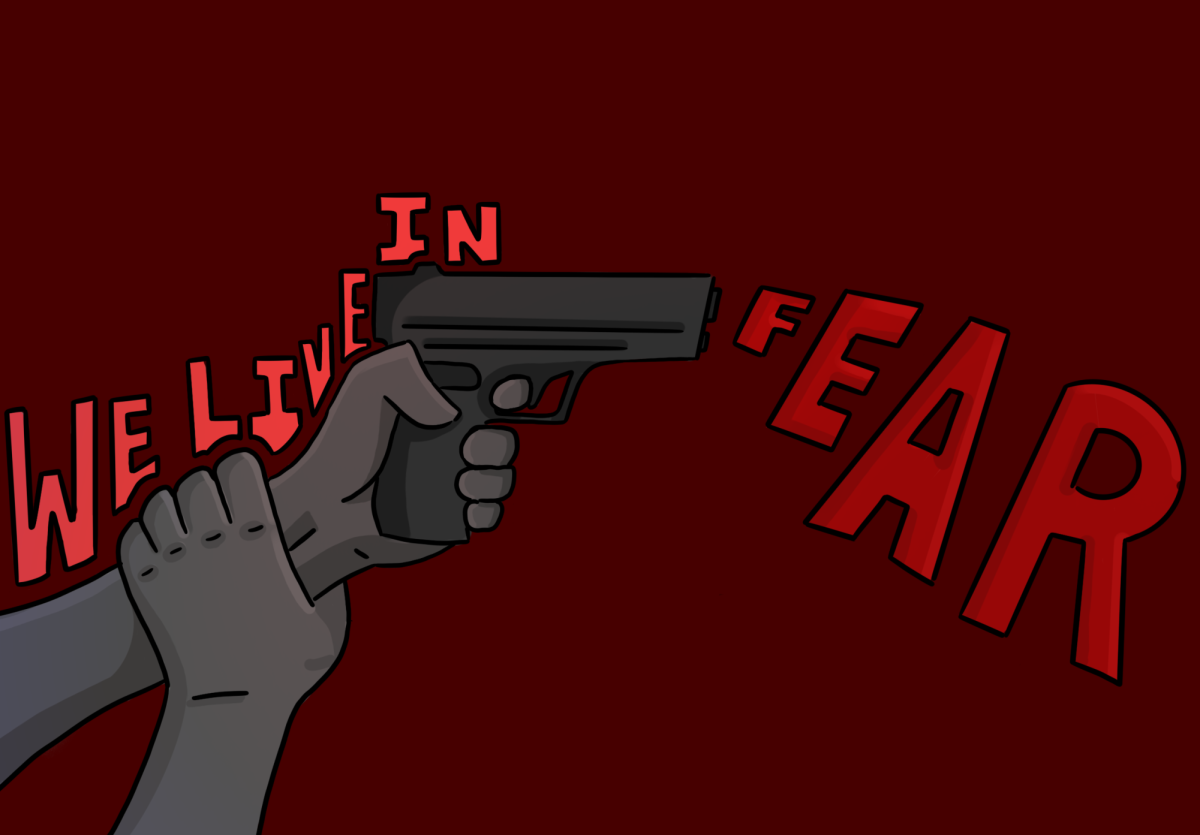There’s no better way to change the tone of a tweet with the popular #FirstWorldProblems hashtag than to place it in the mouth of a Haitian child standing against the backdrop of a poverty-stricken village.
This is the strategy of a recent YouTube ad campaign produced by DDB New York for the nonprofit Water is Life. The group’s videos show Haitian adults and children reciting tweets like “I hate it when I have to write the maid a check and I can’t remember her last name.” The video closes with the message, “#FirstWorldProblems are not problems. Donate to help bring clean water to those in need.”
The #FirstWorldProblems hashtag rose to prominence in June 2009 and has remained popular since. The hashtag is meant to give tweets an ironic tone, making fun of the insignificant problems that we complain about in our privileged lives. For example, “I hate it when my phone charger won’t reach my bed.” Because of this, some users have criticized the campaign for failing to understand that the hashtag is meant to be ironic in the first place. DDB New York chief creative officer Matt Eastwood argues that even if the hashtag is meant to poke fun at entitled whining, its repeated use still desensitizes people to real world problems.
Eastwood’s claim is closer to the mark. Though the #FirstWorldProblems hashtag is right to recognize the entitled tone of ridiculous “first world” complaints, it’s hard to see any real altruistic purpose in the tweets. With #FirstWorldProblems, we laugh at our spoiled selves. But is it really okay for us to be laughing? We should be disgusted. The Haiti ad campaign is, in a way, well-produced propaganda, with the tweets and the camera shots manufactured to perfection in order to present the message. But it’s propaganda we should listen to. There are people in the world without access to clean water, and we are using our own lack of perspective as a social-media joke rather than as a cause for concern. In a way, using the hashtag gives us an excuse to feel better about ourselves, because at least we’re recognizing what we’re doing wrong. But if we use the hashtag to soothe our guilt, we stay apathetic.
The other problem with #FirstWordProblems is that it greatly oversimplifies the nature of the world’s big problems by placing them into “first world” and “third world” categories. In May, The Atlantic website quoted Nigerian-American author Teju Cole characterizing the ad as condescending in a string of tweets. “Yes, Nigerians struggle with floods or infant mortality,” Cole said. “But these same Nigerians also deal with mundane and seemingly luxurious hassles. Connectivity issues on your BlackBerry, cost of car repair, how to sync your iPad, what brand of noodles to buy: Third World problems. ”
It’s incorrect to assume that all members of so-called “first world” countries are dealing only with trivial problems like phone chargers that don’t reach their beds; we know that there are serious examples of poverty in the United States. It’s also wrong to assume that there aren’t citizens of “third world” countries also dependent on and concerned with modern technology.
Recognizing our lack of gratitude for the technology and basic necessities that many of us “first world” citizens share is good, but it’s no use if we can’t move beyond it and create constructive debate. When we catch ourselves whining about “first world problems,” we shouldn’t laugh and go on with our lives; we should take the opportunity to think of all the actual problems in the world, whether they are in our own country or abroad. And when we truly stop and act grateful for what we have, perhaps the energy and resources we devote to ensuring the fastest Internet connection or speediest restaurant service can be diverted to causes that actually need it.








